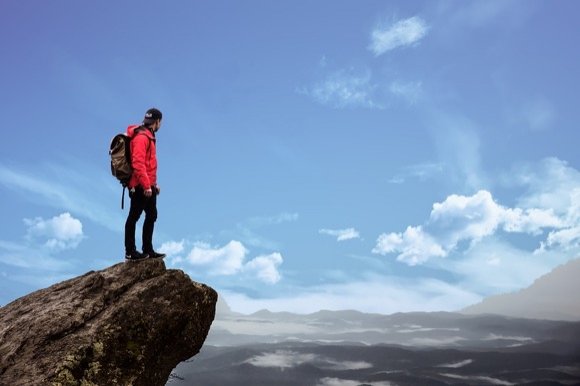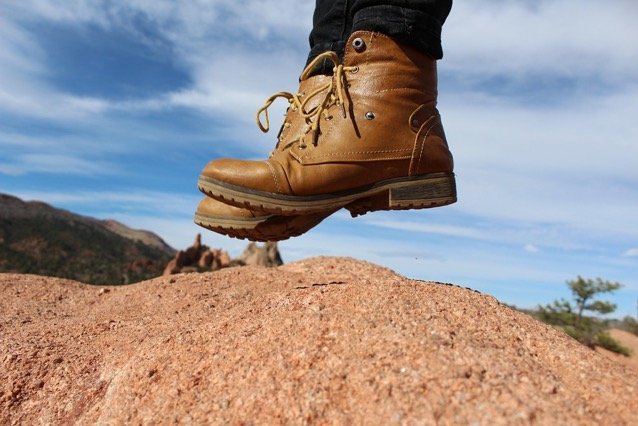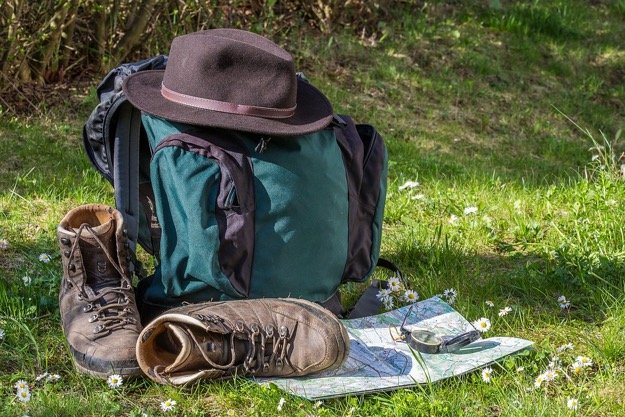Be Trek-Ready: Trekking Essentials You Need For Your Outdoor Adventure

If you are gearing up to head out for a great hike, for sure, you want to have the proper equipment needed such as the appropriate backpack, maps, and other essentials. But, if you do not put on the right clothes, most likely your trip will swiftly become an uneasy and uncomfortable experience.
Fortunately for hikers, only a tiny gadgetry or tools and technical clothing are essential for a fun and safe hike. Also, clothing and gear essentials do not require to be costly for a fantastic trail.
Hiking Essentials Number 1: Hiking Boots

Footwear provides comfort and support for your ankles and feet especially on a long trail and rough terrain. However, your footwear only requires to be as specialized as the hike you are using them on, which signifies it is safest to ask yourself some questions before going to the local shop:
- What kind of hiking will I be performing?
- What will be the condition of the trail when I am hiking?
- Do I aim to hike in wet or cold weather conditions?
- Do I have any foot or ankle concerns and problems?
The most significant thing you can do when you shop for footwear is to try them on and wear them around the shop for at least 10 minutes. When you’re testing a shoe, walk around, climb stairs if available, some local shops even have simulated trail ramps or surfaces for this specific purpose.
Now, as you try on your chosen footwear, take note:
- Does your heel slide or move down and up? A few movement is normal. However, it must be minimal.
- On downhill setting, feel if your toes collide with the front part of the footwear. You will need to assure they are not too close for those descending or downhill stretches.
- If it is not comfortable as you try it at the store, it indeed would not be on the trail as well.
Hiking Essentials Number 2: Precise Clothing
You do not need to purchase a new wardrobe before striking the trail. However, you will require a few fundamentals to stay comfortable and safe.
Even though you do not need the most expensive gear, it is safe to avoid cotton, because cotton is a poor insulator which makes you feel cold and increases your chances of having hypothermia as a result. Instead of cotton, try looking for synthetic materials or wool in Deal Wiki.
- Support layer: If you are most of the time hiking in sunny weather, this indicates a synthetic shorts and shirt. In colder weather, this will include long thermal undergarment.
- Warm and protective layer: Do you own a comfy wool sweater? How about a fleece jacket? If you do, take note that both of these clothing will function excellently as an insulating layer to give you warmth if you feel colder in comparison to other ordinary jacket or sweater.
- Wind-proof or Waterproof layer: This consist of both rain/wind coat and hiking or rain pants. The coat will keep you dry and warm on rainy days and windy hills or ridges, and the pants will help you stay protected and warm from the brush and wet dirt.
- Socks for Hiking: Socks made explicitly for hiking provide more breathability and cushioning compared to cotton tube socks and will help protect your feet from blisters especially on extended hikes.
Hiking Essentials Number 3: Hiking Backpack

With the same importance as the first two essentials, your bag only requires being as technical as the trails you plan to hike, so you do not need the multi-day pack for now.
The basic bag needs to be substantial enough to carry your water, food, extra clothes and other hiking essentials comfortably. If you usually trek short and easy hikes, a basic backpack will likely do the technique.
Before striking any trail, regardless how effortless, short, or close it may be, it is safest to ensure your bag contains the important things. As you hike, you will be responsible for your safety, which is why it is best for you to gather more information on what to include in your hiking. In addition to this, it is also important to know your physical limits.
What are the things essential to bring?
Watch, whistle, insect repellent lotion, blanket, duct tape (important for repairing), mirror(essential for signaling), extra socks, gloves, and orange vest(especially during the season for hunting).
What are the things you may want to bring?
If you experience any joint problems, trekking poles will be vital. Binoculars and camera for witnessing wildlife and recording the moment(place them inside a waterproof case)
What are the things you can skip?
Until you begin backpacking or hitting on technical hikes, you can cut off flashy GPS systems, expensive specialized gear, locator beacons, tents, or sleeping bags.
Takeaway
Hiking is both an exhilarating and challenging activity that will surely test and enhance your physical and mental well being. However, beginners may likely need proper guidance especially in purchasing the essentials for hiking for them to experience the benefits of hiking to the fullest.
Author’s Bio:
Lisa Jones is a freelance blogger and an outdoor enthusiast. At home, she likes to read online articles about amazing outdoor activities and the proper clothing for hiking as well. When available, Lisa loves to articles for her readers to provide them with appropriate information.
Previous Posts: